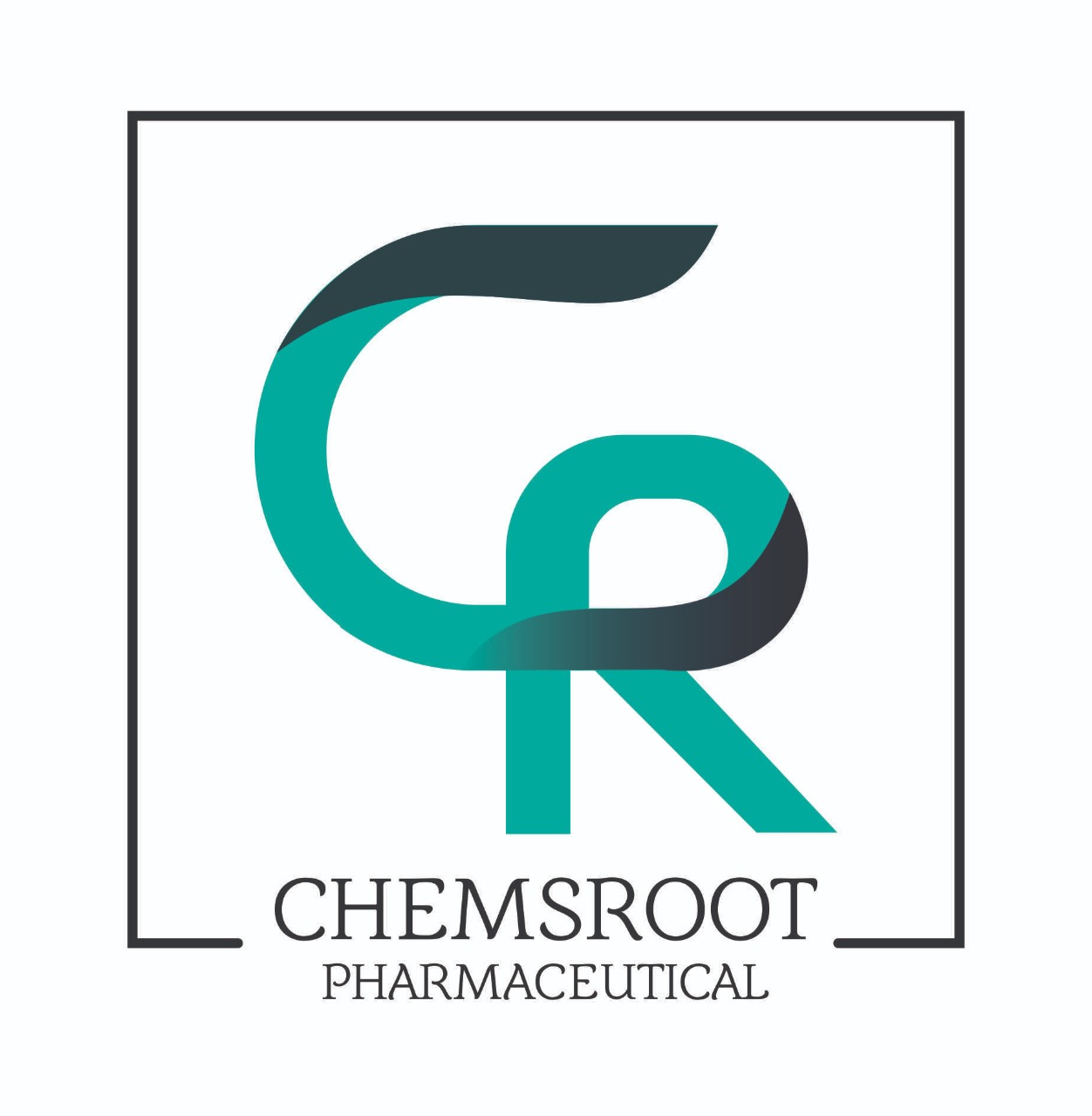Unlocking Potential: Drug Repurposing in Pharmaceutical Innovation in 2024
Emerging Trends in Biopharmaceuticals in 2024
May 19, 2024Introduction for Drug Repurposing in Pharmaceutical Innovation:
In the ever-evolving landscape of pharmaceuticals, the quest for new treatments often involves extensive research, development timelines, and substantial investments. However, amidst this pursuit, an increasingly promising strategy has emerged: drug repurposing. This innovative approach involves finding new therapeutic uses for existing drugs, leveraging their known safety profiles and mechanisms of action to address different medical conditions. In this article, we delve into the concept of drug repurposing, exploring its benefits, challenges, and notable examples shaping the future of pharmaceutical innovation.
The Concept of Drug Repurposing:
Drug repurposing, also known as drug repositioning or drug reprofiling, involves identifying novel indications for existing drugs that were initially developed for different purposes. Rather than starting from scratch, researchers explore the vast library of approved or investigational drugs, seeking compounds with the potential to treat conditions beyond their original intended use. This strategy offers several advantages over traditional drug development approaches.
Benefits of Drug Repurposing:
- Accelerated Development Timelines: One of the most significant advantages of drug repurposing is the potential for accelerated development timelines. Since repurposed drugs have already undergone extensive preclinical and clinical testing for their original indications, much of the groundwork, such as safety assessments and pharmacokinetic studies, is already completed. This can significantly shorten the time needed to bring a new treatment to market, potentially saving years of research and development efforts.
- Reduced Development Costs: Drug development is a costly endeavor, with estimates often exceeding billions of dollars per successful drug brought to market. By repurposing existing drugs, pharmaceutical companies can significantly reduce development costs compared to traditional drug discovery and development processes. This cost-saving aspect makes drug repurposing an attractive strategy, particularly for addressing diseases with unmet medical needs or rare conditions with limited commercial viability.
- Mitigated Risks: Repurposed drugs benefit from a wealth of existing data regarding their safety profiles, pharmacokinetics, and potential adverse effects. This comprehensive knowledge base allows researchers to better assess the risks associated with repurposed drugs, minimizing the likelihood of unexpected toxicities or adverse reactions during clinical trials. Additionally, since these drugs have already been approved for use in humans, the regulatory pathway for obtaining additional indications may be streamlined, further reducing regulatory risks.
Challenges and Considerations:
While drug repurposing offers compelling advantages, it is not without its challenges and considerations. Some key factors to consider include:
- Identification of Novel Indications: Identifying suitable candidates for drug repurposing requires a deep understanding of both the pharmacological properties of existing drugs and the underlying mechanisms of the target disease. This process often involves sophisticated computational modeling, high-throughput screening assays, and data mining techniques to uncover potential therapeutic connections between drugs and diseases.
- Intellectual Property Considerations: Intellectual property rights present a significant challenge in drug repurposing efforts, particularly when repurposing involves drugs that are off-patent or have expired patents. Securing intellectual property protection for a new indication of an existing drug can be complex, especially if multiple parties hold overlapping or conflicting patent rights. Addressing these legal and regulatory considerations is essential to ensuring the viability and commercial success of repurposed drugs.
- Market Acceptance and Reimbursement: Despite the potential benefits of repurposed drugs, gaining market acceptance and securing reimbursement can be challenging. Physicians, patients, and payers may have reservations about using drugs for off-label indications, particularly if robust clinical evidence supporting their efficacy in the new indication is lacking. Generating compelling clinical data and effectively communicating the therapeutic value of repurposed drugs are crucial steps in overcoming these barriers.
Notable Examples of Drug Repurposing:
Numerous success stories illustrate the transformative potential of drug repurposing in addressing unmet medical needs and expanding treatment options across various therapeutic areas:
- Aspirin: Originally developed as a pain reliever and anti-inflammatory medication, aspirin has been repurposed for its antiplatelet effects, making it a cornerstone therapy for preventing cardiovascular events such as heart attacks and strokes.
- Thalidomide: Despite its notorious history of causing birth defects in the 1950s, thalidomide has found new life as a treatment for multiple myeloma and leprosy, demonstrating potent antiangiogenic and immunomodulatory properties.
- Viagra (Sildenafil): Initially developed as a treatment for hypertension and angina, sildenafil was later repurposed as an oral therapy for erectile dysfunction, revolutionizing the management of this condition and becoming one of the most widely prescribed medications worldwide.
Conclusion:
Drug repurposing represents a compelling paradigm shift in pharmaceutical innovation, offering a cost-effective, expedited approach to discovering new treatments for a wide range of medical conditions. By leveraging existing drugs’ known safety profiles and mechanisms of action, researchers can unlock untapped therapeutic potential and address unmet medical needs more efficiently. Despite the challenges and complexities associated with drug repurposing, its track record of success and potential for future breakthroughs underscore its significance in shaping the future of medicine. As researchers continue to explore novel indications for existing drugs, the possibilities for improving patient outcomes and advancing healthcare innovation are boundless.
Contact Us:
Phone no.- 8699504069.
E-mail – chemsrootpharmaceuticals@gmail.com
